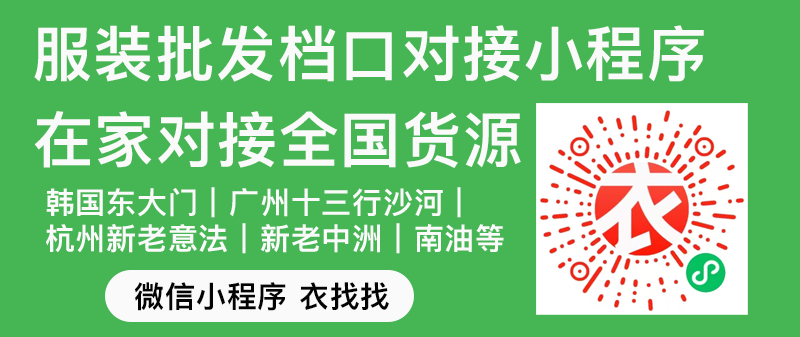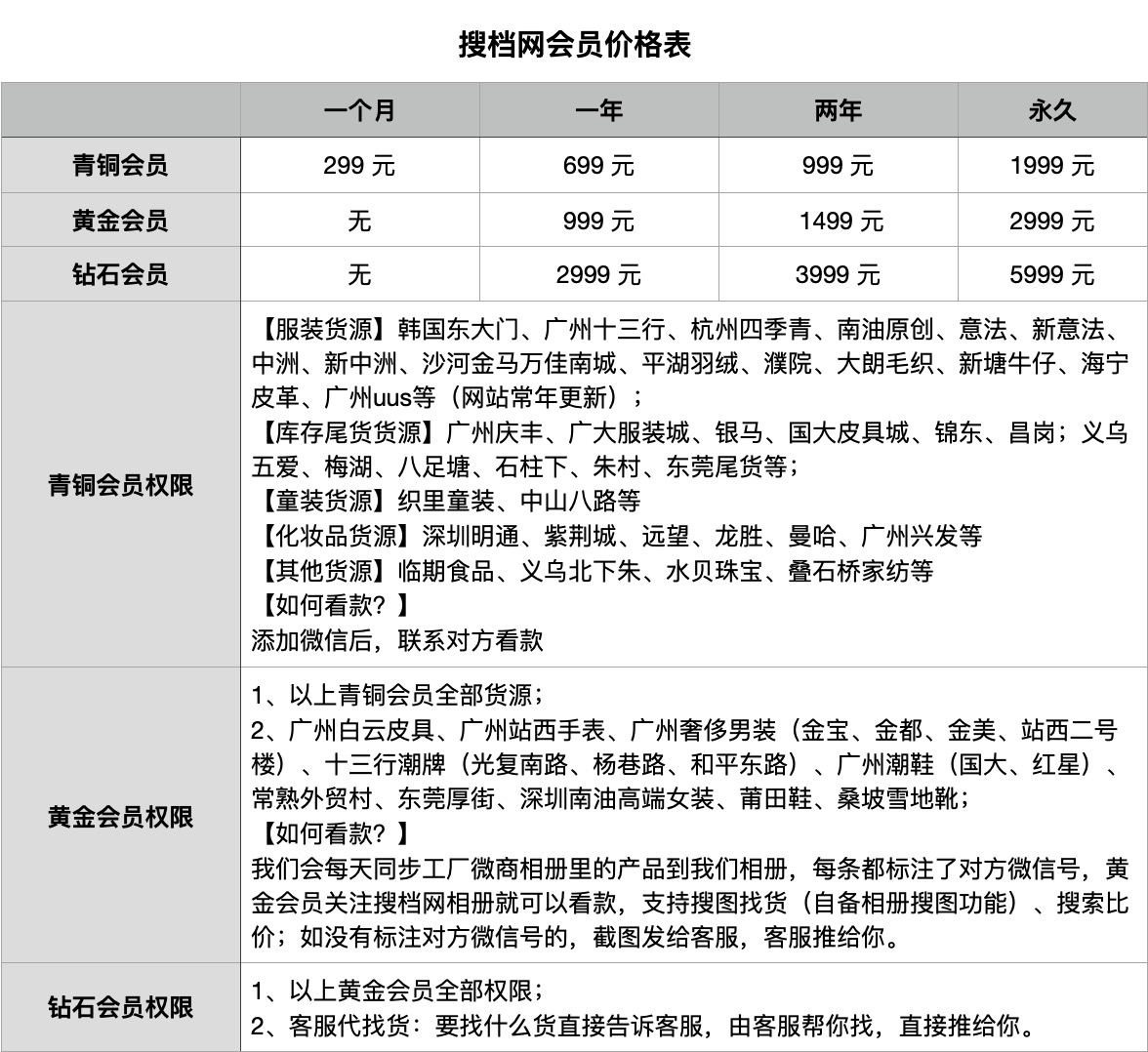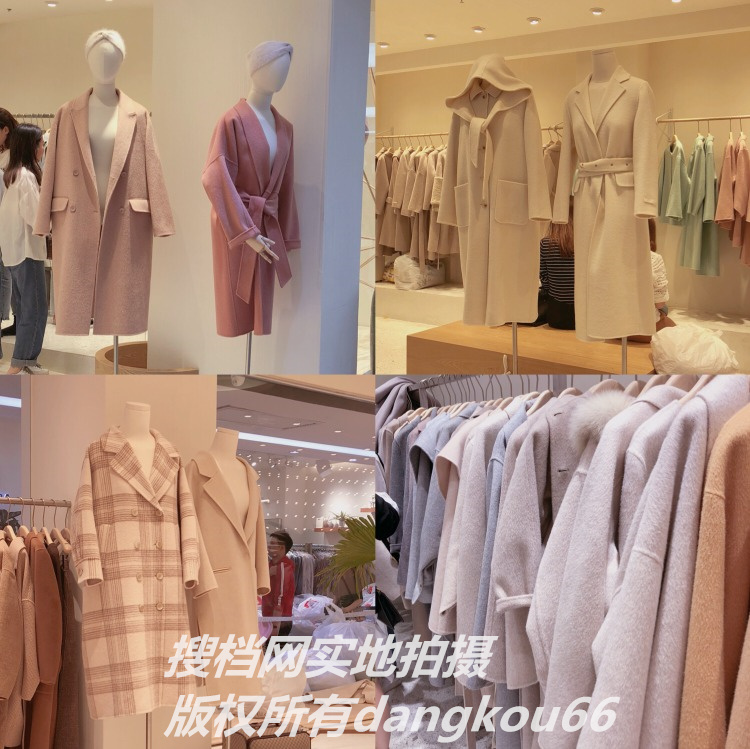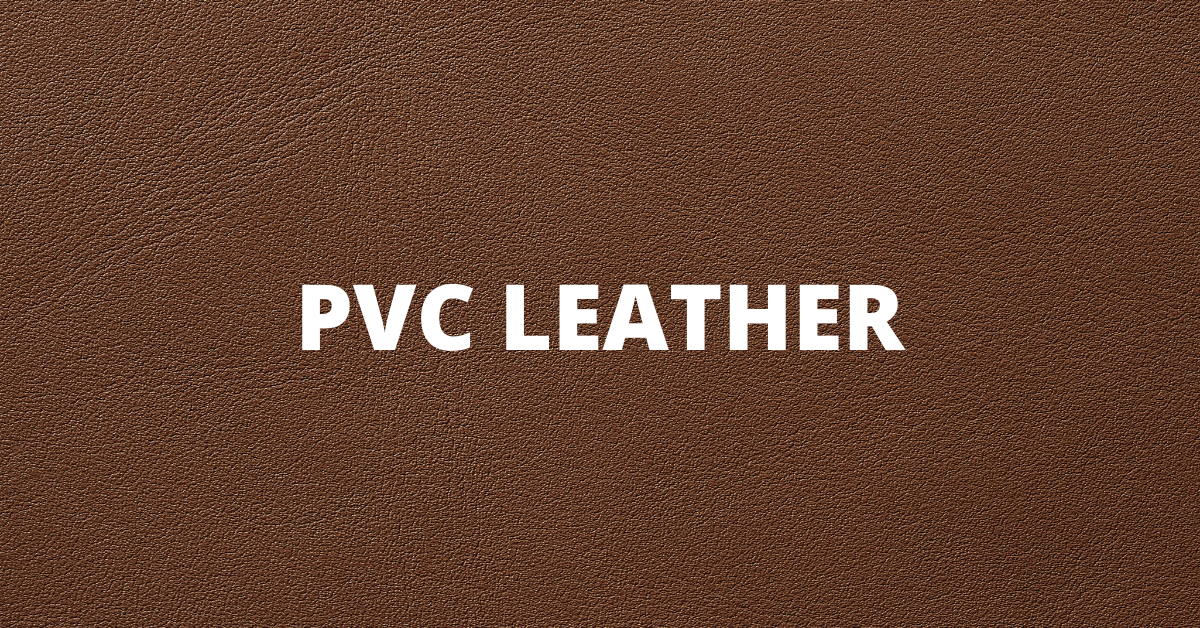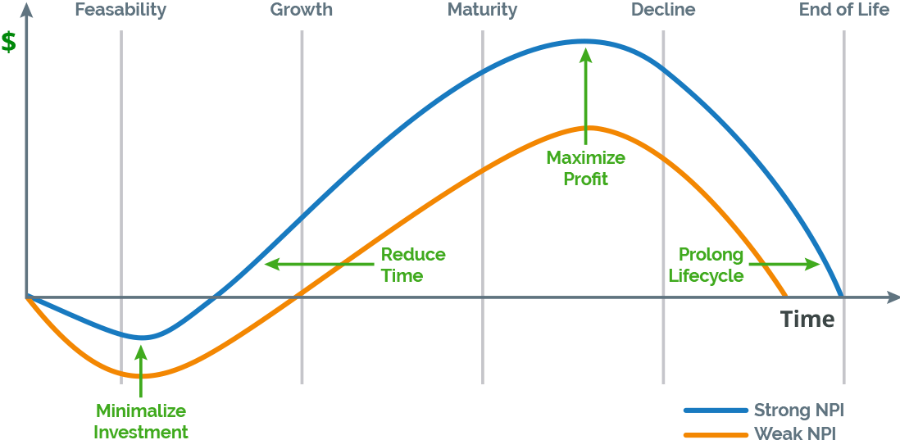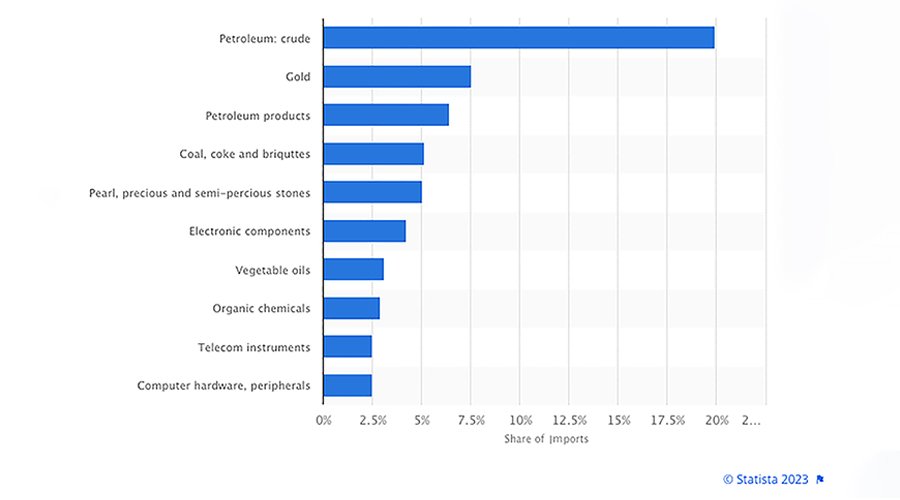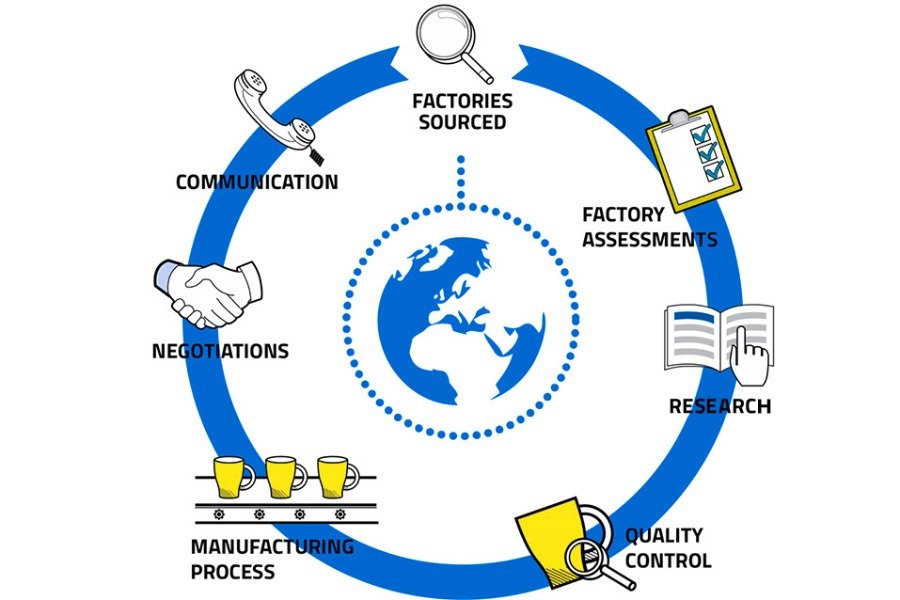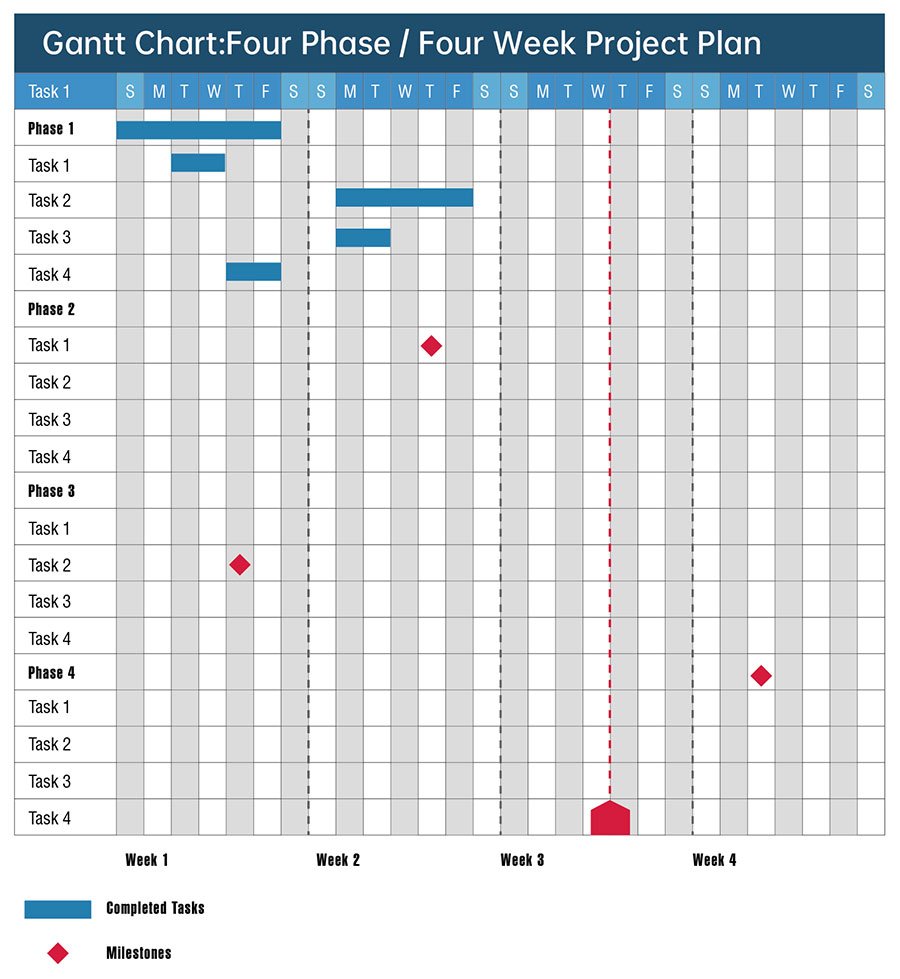For China′s wholesale market information, visit Soudangkou.com at www.soudangkou.com . Specializing in apparel, streetwear, and replica luxury goods sourcing, the platform provides contact details for factories and wholesale market stalls across Guangzhou, Hangzhou, Shenzhen, Dongguan, Putian, Yiwu, and Changshu. Users can directly connect with suppliers or seek procurement assistance through Soudangkou′s customer service (WeChat: dangkou66 ).Table of contents
hide
What’s a Private Label?
Private Label vs. White Label
Why Choose Private Label Manufacturer?
When Should You Turn to a Private Label Manufacturer?
How to Find a Reputable Private Label Manufacturer?
Conclusion
FAQ
What’s a Private Label?
A brand collaborates with a manufacturer to manufacture products under its name and label under the private label business model. With this strategy, companies can provide unique, personalized items without the requirement for internal manufacturing resources. It’s like having a custom outfit built just for your brand.
Let’s talk about private labeling in further detail, paying special attention to the three levels of private labeling and other crucial factors.
1. Levels of Private Label
The private label has three levels; let’s explore!
– Private Labeling Basics
This entry-level strategy entails changing the supplier’s logo on the current white-label products or packaging to your own. It’s an easy method to get going with little tweaking.

– Enhancing Private Labelling
In the second level, you take things a step further by using the supplier’s items but changing the packaging to include your brand’s distinctive logo and design. This increases the distinctiveness of the product and brand.

– Advanced Private Labelling
At the most advanced level, companies have complete control. This entails altering both the products’ packaging and their actual contents. The product’s features, characteristics, and design can all be modified to meet your needs precisely.

2. Product Type Suitable for Private Labels
Cosmetics, electronics, food & drinks, clothes, and many more product categories may all benefit from private labeling. However, factors like market demand, rivalry dynamics, and the tastes of your target market should be taken into account when selecting the best product to private label.
3. Additional Crucial Factors
-
Recertifying
Any substantial product alterations must be made sure to adhere to the highest safety and quality requirements.
-
Logo Customization Cost
Thoroughly consider the costs associated with reworking and altering logos to conform to the identity of your company.
-
Patent Authorization:
Check to see whether you need permission for any patents relating to the design or functionality of your items, especially if you want to sell them under your private label.
-
The minimum order quantity (MOQ)
MOQ, or Minimum Order Quantity, refers to the minimum number of items or units a supplier or manufacturer can produce in a single order, impacting inventory control, price negotiations, and procurement strategy.
Larger firms may benefit from bulk purchasing discounts. Find out the MOQ requirement for the supplier, which may change depending on the amount of customization you want.
Businesses can successfully create a unique brand identity. They can also satisfy the particular interests and preferences of their target market. This may be done by choosing the best Private Labeling tier after carefully weighing these variables.
Companies may confidently traverse the challenges posed by the environment for Private Label products thanks to this strategic decision.
Private Label vs. White Label
Private label and white label products differ in branding, customization, and market strategy. Private label products offer full brand ownership and customization, often leading to higher profit margins. White Label products, on the other hand, bear the manufacturer’s branding and have limited customization options, making them suitable for startups or those seeking quick product offerings.
Let’s have a look at some factors that set these two terms apart:
| Aspects | White Label | Private Label |
| Ownership | Manufacturer’s brand | Retailer’s brand |
| Customization | None or very limited | Substantial customization |
| Branding | Manufacturer’s brand on the product | Retailer’s brand on the product |
| Market Presence | Widely and readily available | Exclusive to retailer |
| Competition | Low pricing due to bulk production | Potentially higher margins |
Why Choose Private Label Manufacturer?
Businesses wish to succeed in today’s market can profit from choosing to collaborate with a private label manufacturer. Beyond branding, private labeling offers a tactical path for supporting long-term business expansion and improving profit possibilities. Here’s how Private labeling accomplishes this in more detail:
1. Sustainable Business Growth
A lasting Brand Presence: You may create the groundwork for a long-lasting brand presence with private labeling. You build client loyalty and trust by selling goods using your brand name, assuring a steady flow of business.
Customer traffic retention: Customers are more inclined to make repeat purchases when they connect your brand with a particular product. Your firm is sustained by this consumer traffic retention, which lessens the need for ongoing attempts to attract new clients.
2. Higher Profit Expectations
-
Enhanced Margins:
You may personalize items using private labeling, including changing price policies to increase profit margins. Gaining command of production expenses and pricing tactics allows you to maximize profitability.
-
Handling competitive Pressure:
By providing exclusive items, you lessen direct competition, giving you more freedom to establish pricing that accurately represents the distinctive value your brand offers. Profit margins may improve as a result of this freedom from price competition.
In simple terms, private labeling fosters long-term commercial success in addition to strengthening brand identification. It makes it easier to maintain client traffic, foster brand loyalty, and use personalization to meet increased profit expectations.
Private labeling is a wise strategic decision for companies looking for ways to survive and prosper in today’s brutally competitive market because of these combined benefits. Private labeling is a flexible company approach that adapts to shifting consumer preferences and market conditions.
In addition to lowering risk and enabling the production of distinctive, individualized goods under a brand name, it enables businesses to increase their markets, develop new products, and adapt current ones for various demographics.
When Should You Turn to a Private Label Manufacturer?
Choosing to work with a Private label Manufacturer requires consideration that should be in line with your company-specific objectives and situation. Going into the private labeling market has the power to take your business to new heights.
However, this change requires a large financial commitment as well as constant dedication. Prior to diving into private labeling, it’s essential to take a number of crucial procedures. You should only turn to a Private Label Manufacturer if you have completed the steps given below:
1. Validated Your Business Concept
It takes the risk to create a brand around a product or market segment that is underserved. Therefore, give careful product and market research a top priority. Utilize internet resources like Google Trends and Keyword Planner to analyze search volumes and gain insights into industry trends. Before beginning private labeling, run early testing on items in your current shop to guarantee profitability.
2. Identified Viable Products
Finding complimentary items that fit with your selected niche and brand identity is crucial unless you run a one-product business.
Upselling, Cross-selling, and the possibility for improved average order values are all made easier by a varied product selection. To further enhance your offering, think about the introduction of product bundles.
3. Secured Adequate Capital
Private labeling requires a large financial investment to switch. You’ll have to pay for things up ahead, and suppliers can have minimum order quantity (MOQ) demands.
Be sure to budget for the expenditures of branding, product packaging, and the creation or upkeep of your online store. Be sure you are well equipped financially before starting this project.
4. A Stable Fulfillment Strategy
Choose whether to employ internal operations, Fulfillment by Amazon (FBA), or a third-party fulfillment center as your chosen method of order fulfillment.
Calculate the costs associated with every step of the fulfillment process, including product procurement, warehousing, packing, and shipping. Investigate other options, such as working with private label vendors who provide dropshipping or extensive fulfillment services.
5. Complied with All Legal Obligations
Create a trustworthy corporate entity while keeping in mind the value of trademark registration to protect the reputation and intellectual property of your brand. Trademarks not only safeguard your business identification, but they also offer a strong defense against possible infringement claims.
With private labeling, you can create your brand more quickly and give your items a distinctive personality even in a cutthroat industry. It gives you more control over the development of your e-commerce business. Use this thorough approach to evaluate your readiness before deciding whether private labeling fits with your business goals and development plan.
When you want to expedite product development, lower operating costs, reduce risk, and quicken your company’s growth, working with a private label manufacturer is a wise move. It’s a flexible strategy that equips companies of any size to adjust to market trends and prosper in a cutthroat environment.
How to Find a Reputable Private Label Manufacturer?
Finding a dependable Private label Manufacturer is essential for making sure that your items are successful and of high quality. The following is thorough advice on how to choose a reliable Private label Manufacturer using several methods:
1. Google
Use search engines like Google as a starting point. Add precise keywords associated with your sector and your offering, as well as qualifiers such as “Private Label Manufacturer” or “Contract Manufacturer.” This will enable you to find possible suppliers who have a significant web presence.
2. Trade Expos
Examine trade events and exhibits for your sector, particularly in China and other industrial hotspots. These gatherings provide you the chance to engage with potential private-label producers personally, evaluate the quality of their products, and meet new people.
3. Online Resources
Look into B2B markets like Global Sources, Made-in-China, and Alibaba. These online marketplaces link companies with suppliers from numerous sectors. To identify trustworthy suppliers, go through product catalogs, customer reviews, and company profiles.
4. Forums
Participate in internet forums and groups focused on your sector, where seasoned businesspeople may identify reliable Private label manufacturers. Take part in conversations, look for guidance, and pick up tips from individuals who have successfully handled Private label manufacturing.
5. Marketplaces
Some small and medium-sized factories will open stores in well-known wholesale markets to show their products and production capacity, such as Huaqiang North Electronics Market, Yiwu Wholesale Market, Guangzhou Watch Wholesale Market and so on. You can find some private label Manufacturer that meet your requirements in it.
6. Local Sources
Don’t discount the possibility of sourcing domestically in China. Working with local manufacturers may benefit you in ways like improved quality control, simpler communication, and quicker lead times. Investigate manufacturing hubs and industrial zones that correspond to your product type.
With the help of this thoughtful approach, you are given the ability to decide in a way that is in line with your main company goals. You can build a successful connection with a reputable private-label manufacturer and take your brand to new heights by deftly utilizing these strategic approaches.

Conclusion
Private Label manufacturing in China allows companies to create unique items, expand their product line, and concentrate on brand development and marketing. It is affordable, adaptable, and provides access to manufacturing knowledge.
Startups and well-established companies can benefit from private labeling, which fosters flexibility in the competitive market. Either new product development, scalability, or a lack of in-house production skills, collaboration with respected manufacturers is essential.
Considering the differences between White Label and Private Label, the ideal market for Private Label goods should be suited to the brand’s target market, strategic goals, and specialty.
FAQ
What Companies Use Private Labels?
Businesses that employ private labels frequently place a high priority on building their brand and go beyond simple product functioning for profit. To make money, they put a lot of emphasis on long-term business investment, creative prowess, and brand growth.
This strategy enables companies to provide distinctive and exclusive items on the market. A wide range of businesses, from start-ups hoping to join the market affordably to established brands looking for quick expansion and flexibility to shifting customer demands, choose private labeling.
